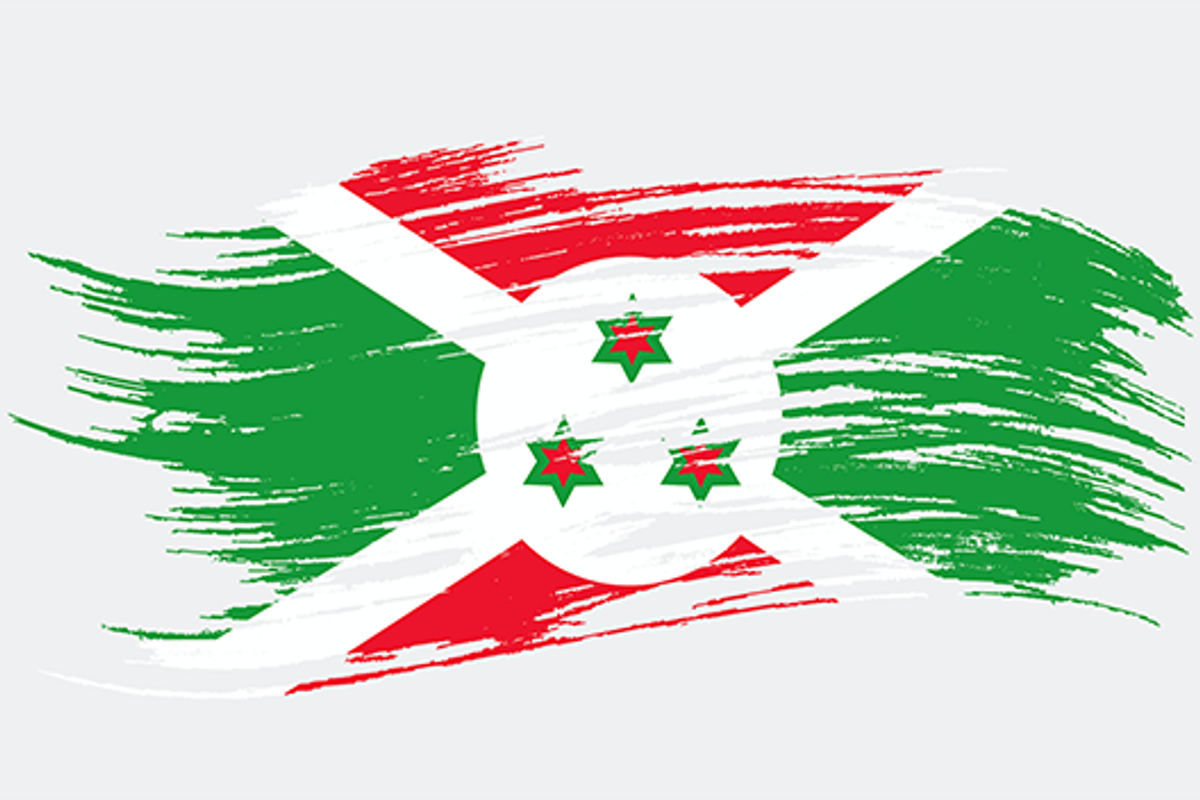Some far-away observers have ominously warned that my country, Burundi, is on the brink of a genocidal ethnic conflict like the one that plagued our neighbor, Rwanda, two decades ago.
While it is true that civil unrest and accompanying violence have become prevalent in the past year, Burundi's problems are political rather than ethnically based and therefore can be solved through political means.
Under the leadership of President Pierre Nkurunziza since 2005, Burundi has transformed itself from a country that was riven by ethnic divisions and suspicions to one in which the two major ethnic groups (Hutu and Tutsi), share power in significant, substantive ways, and – more importantly – share a vision for a future in which ethnic tensions have been erased.
As an example, although Hutus make up about 85 percent of the population and Tutsis are about 14 percent (while Twa are about one percent), in the army the division is 50/50. Political parties include members from every major ethnic group. In practice and as a matter of policy, government offices at every level are staffed with 60 percent Hutus and 40 percent Tutsis. If an agency director is Hutu, the deputy director is Tutsi, and vice versa.
Headlines that focus on the situation in Burundi do not tell the whole story. They ignore the more basic political dimensions of the current situation.
Experts who follow events in Burundi agree that politics is paramount, but their voices are not heard among the din of those who predict ethnic unrest will lead to civil war.
For example, Al Jazeera correspondent Malcolm Webb reported from Burundi that “the current conflict is not ethnic, it's a political contest with Tutsis and Hutus on both sides, not a competition for power based on ethnic lines.”
Professor Christoph Vogel agrees. Vogel, who teaches about Africa's Great Lakes region at the University of Zurich, has argued that “the current political crisis and violence does not stem from an ‘ethnic’ confrontation. The underlying crisis is fundamentally political.”
Last October, acknowledging the tumultuous political environment in Burundi and the need for widespread discussion about issues we face, President Nkurunziza, now serving his final term in office, appointed 15 distinguished citizens to a new National Commission for Dialogue.
The citizens chosen offer ethnic, political, religious, and gender balance. For instance, the chair of the Commission is a Methodist bishop who is ethnically Hutu. The vice chairman is Tutsi and the secretary is Mutwa.
The Commission includes a Roman Catholic priest and a Muslim. There are ten men and five women, members of five political parties, and two prominent civil society organizations represented, as well as one representative each from the army, police, judiciary, and the Burundian Youth Forum.
The mandate given the National Commission for Dialogue will offer an opportunity for all Burundian citizens to engage in dialogue about politics and society throughout the country and at all socio-economic levels; nobody will be excluded from the process.
Drawing on the opinions expressed in debates across the country and facts gathered during the discussion process, the National Commission for Dialogue will make recommendations to the government, parliament, the political parties, civil society organizations, and to religious leaders.
This process of dialogue is meant both to reduce current unrest through a normal political process and to consolidate the inter-ethnic gains made over the past decade. It is organized in accordance with the United Nations Security Council Resolutions 2248 of November 2015 and 2279 of April 2016.
Unfortunately, there are some people outside Burundi who seek to revive ethnic divisions and take advantage of turmoil. These include Rwandan officials and their Burundian protégés who were involved in a failed military coup d’état in May 2015.
The respected humanitarian organization, Refugees International (RI), issued a field report on December 14, 2015 that presented strong evidence of recruitment of Burundian nationals in refugee camps to join an armed insurgency. These recruitment efforts are clear violations of international law.
“The recruitment of Burundian refugees into non-state armed groups,” Refugees International reported, “was first noted by members of the international community in Rwanda in late May 2015, when refugees began to complain of recruitment in Mahama [refugee camp]. International officials told RI that these refugees continued to allege ongoing recruitment through October, with one knowledgeable official telling RI that recruitment continued at an 'aggressive' level through November as well.”
Similar reports by witnesses have been published in the Washington Post, San Francisco Bay View, and other news outlets.
Despite subversive activities like this, Burundians seek to resolve their political problems on their own, without interference by foreign governments or foreign armies. Our friends, including the United States, can facilitate this political process through diplomatic means and by continuing to promote trade with and investment in our country.
As Richard Momoima Onyonka, a member of the Kenyan parliament argued in The East African newspaper, “It is time to dial down on rhetoric and focus on urgent political solutions to sustain the gains made in the past decade in Burundi.” Well said and words worth heeding.
Today, we have reached a level of cooperation with former insurgents. Roughly more than 30 of them, out of a sense of patriotism, have begun to provide useful information with regard to a network of criminals who have been working inside Burundi to undermine our Government and kill innocent citizens, including targeting leaders. This information has helped the police reduce the level of violence in the country to the point where security has been restored to normal.








